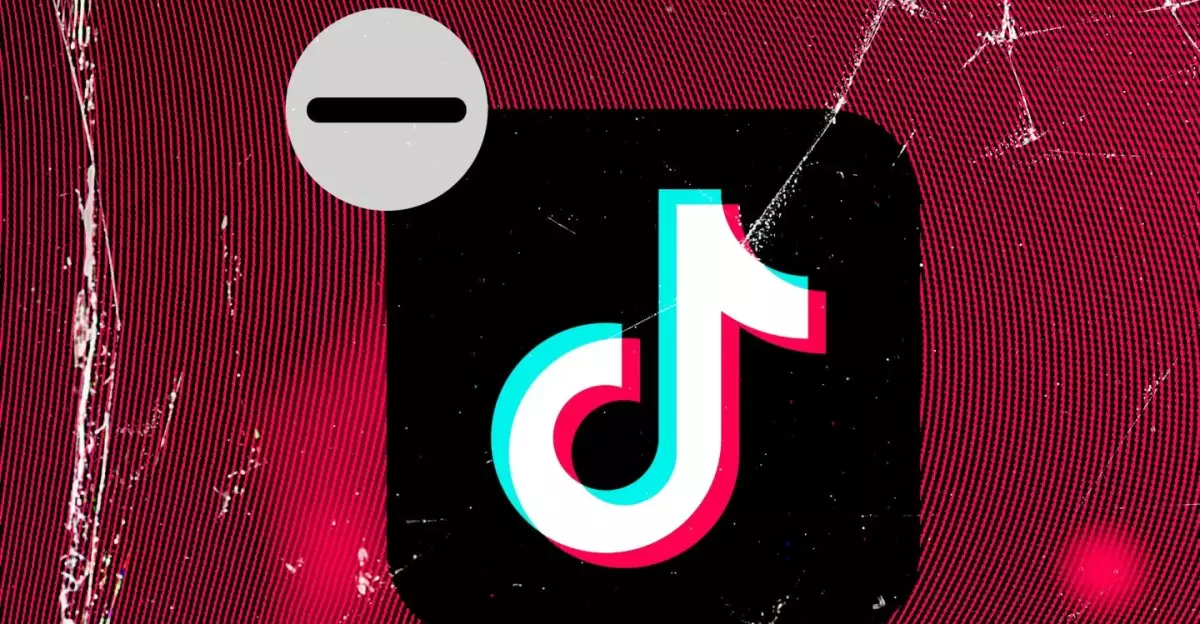In a dramatic turn of events that reflects the intricate relationship between technology, governance, and international trade, popular social media platform TikTok has reclaimed its position in the app stores of both Apple and Google. This development follows nearly a month of uncertainty and substantial legal debate surrounding the app, which had been banned in the United States due to national security concerns linked to its parent company, ByteDance. The initial removal of TikTok was largely seen as a direct response to the Trump administration’s aggressive stance on Chinese technology firms.
The impetus behind TikTok’s reinstatement can be traced back to a letter from U.S. Attorney General Pam Bondi, which provided Apple and Google with critical assurances that they would not face fines for hosting the app. This crucial piece of communication seems to have lifted the cloud of fear surrounding potential penalties that could result from continued non-compliance with the app ban. The legal landscape regarding apps like TikTok presents a complex web of challenges, as companies navigate the nebulous boundaries of regulatory compliance while striving to meet consumer demand for their products.
Concurrently, TikTok finds itself at the center of political maneuvers, with reports that Vice President JD Vance has been tasked with the oversight of negotiations concerning a potential sale of the platform. This development underscores the contention that surrounds TikTok, as U.S. officials deliberate on the implications of foreign-owned technology on American soil. The idea of a forced sale demonstrates an era where technology and politics are intricately intertwined, marking a seismic shift in how digital platforms might operate under government scrutiny.
As TikTok re-establishes itself within the app ecosystems of iOS and Android, the questions surrounding its future remain unanswered. While the app has made its comeback, the looming shadow of regulatory intervention suggests that its status could be precarious. The political landscape could easily shift again, leading to renewed attempts to restrict or even remove the app from stores based on evolving national security assessments. Such volatility highlights the precarious balance that tech companies must strike between regulatory compliance and their operational strategies.
The return of TikTok to the app stores marks both a victory for its user base and a pivotal moment for digital governance in America. While the app enjoys renewed access among users, the regulatory framework surrounding it remains tenuous. The convergence of politics, technology, and consumer accessibility in this scenario presents a complex paradox, one that is indicative of broader trends affecting the tech industry at large. Ultimately, the challenge extends beyond just a single app; it raises critical questions about the nature of digital sovereignty, consumer choice, and international relations in an increasingly interconnected world.

